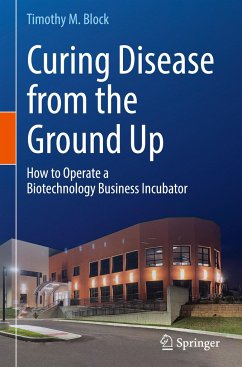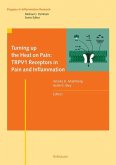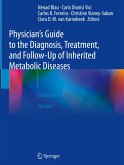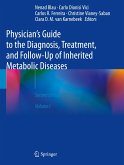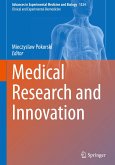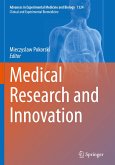This operations manual offers an accessible, step-by-step guide to launching, running, and achieving success with a life science and biotechnology business incubator. Written by the founder and President Emeritus of the Pennsylvania Biotechnology Center (PABC), one of the most successful biotech and drug discovery incubators in the United States, it is designed to introduce researchers and funders to the broad considerations and minute details of managing an incubation program.
As of 2023, there are more than 1100 business incubators in the United States alone, and more than 5000 worldwide. One of the fastest-growing industries of the "new economy," science business incubators are a tool for regional economic stimulation and commercial development for universities and research organizations. The PABC was founded in 2006 as a state-of-the-art research facility; its purpose and operation is unusual and its success has been remarkable. It was created by the nonprofit Hepatitis BFoundation and its research arm, the Baruch S. Blumberg Institute, to help their effort to find a cure for hepatitis B. But it has proved to be more than a source of funding for those nonprofits - it has become a major economic driver for its region and Pennsylvania, creating thousands of jobs and bringing in billions of dollars to the local economy. The PABC's model has drawn attention from economists, legislators, and the research community. The strategy of bringing nonprofit research organizations and biotech startups under one roof was a founding principle, and has created powerful, lasting collaborations between scientific innovators, entrepreneurs and investors. The partnerships forged at the PABC have led to the discovery, testing, and FDA approval of new drugs for cancer and gastrointestinal diseases and medical devices, as well as multiple multimillion-dollar IPOs, and thousands of jobs. There are currently more than 50 startups housed in the Center's offices, ranging in focusfrom pharmaceuticals and diagnostics, to medical wearables and nanomedicine research.
Curing Disease from the Ground Up: How to Operate a Biotechnology Business Incubator tells both a personal story about the ups and downs of leveraging a business incubator to fund and find a cure for a deadly disease, as well as providing a practical guide to running a business incubator. It is a first-hand, expert perspective for running a science business incubator, and explains how the success of the PABC can be learned and replicated. Whether it is developing a mission-focused framework, the practicalities of managing a scalable, business-savvy research nonprofit, identifying ideal tenant partners, or planning for the infrastructure needs of a large research facility, this manual is the first and last stop for entrepreneurial thinkers in this field.
As of 2023, there are more than 1100 business incubators in the United States alone, and more than 5000 worldwide. One of the fastest-growing industries of the "new economy," science business incubators are a tool for regional economic stimulation and commercial development for universities and research organizations. The PABC was founded in 2006 as a state-of-the-art research facility; its purpose and operation is unusual and its success has been remarkable. It was created by the nonprofit Hepatitis BFoundation and its research arm, the Baruch S. Blumberg Institute, to help their effort to find a cure for hepatitis B. But it has proved to be more than a source of funding for those nonprofits - it has become a major economic driver for its region and Pennsylvania, creating thousands of jobs and bringing in billions of dollars to the local economy. The PABC's model has drawn attention from economists, legislators, and the research community. The strategy of bringing nonprofit research organizations and biotech startups under one roof was a founding principle, and has created powerful, lasting collaborations between scientific innovators, entrepreneurs and investors. The partnerships forged at the PABC have led to the discovery, testing, and FDA approval of new drugs for cancer and gastrointestinal diseases and medical devices, as well as multiple multimillion-dollar IPOs, and thousands of jobs. There are currently more than 50 startups housed in the Center's offices, ranging in focusfrom pharmaceuticals and diagnostics, to medical wearables and nanomedicine research.
Curing Disease from the Ground Up: How to Operate a Biotechnology Business Incubator tells both a personal story about the ups and downs of leveraging a business incubator to fund and find a cure for a deadly disease, as well as providing a practical guide to running a business incubator. It is a first-hand, expert perspective for running a science business incubator, and explains how the success of the PABC can be learned and replicated. Whether it is developing a mission-focused framework, the practicalities of managing a scalable, business-savvy research nonprofit, identifying ideal tenant partners, or planning for the infrastructure needs of a large research facility, this manual is the first and last stop for entrepreneurial thinkers in this field.

